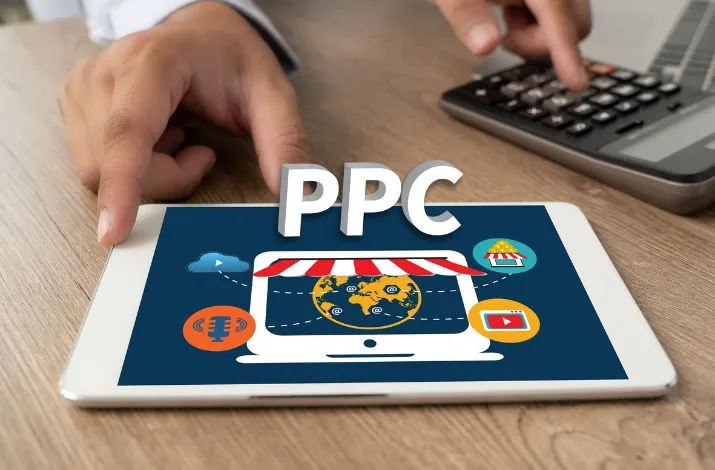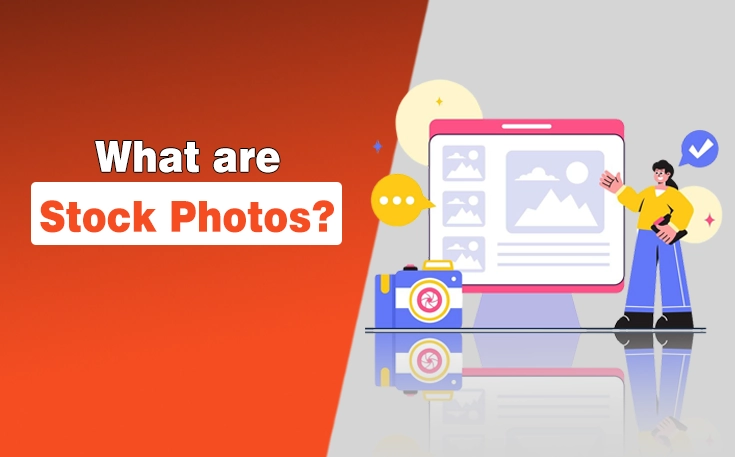A well-executed Pay-Per-Click (PPC) strategy is necessary to drive more traffic and for the success of any eCommerce business in this highly competitive digital landscape.
PPC campaigns can drive targeted traffic to your website, increase brand visibility, and ultimately boost sales. However, creating a winning eCommerce PPC strategy requires careful planning, optimization, and continuous monitoring.
Below are the best tips and tricks to support you in creating a winning eCommerce PPC strategy.
eCommerce PPC Strategy – An Overview
eCommerce pay-per-click (PPC) advertising is a digital marketing technique that promotes an online marketplace and its products via paid ads. eCommerce ads can be displayed on search engines like Google and social media networks like Facebook. It is especially helpful for a positive recovery on ad spend (ROAS).
Marketers pay for pay-per-click (PPC) advertisements when a user clicks on the ad. However, how many users see it, or how often is it displayed? This allows for more significant control, a more effective PPC campaign, and over your marketing budget that doesn’t drain ad spending overnight.
eCommerce pay-per-click (PPC) ads drive high-quality traffic to a client’s website. Marketers can formulate a PPC campaign about branded search terms, like company names and high-volume search phrases, to confirm their website arises at the peak of search engine results pages (SERPs). An eCommerce PPC campaign can appear on numerous platforms, namely Facebook and Google.

How to Create a Winning eCommerce PPC Strategy? 10 Steps
PPC campaigns are useful for eCommerce advertising due to their data-driven nature. This allows marketers to conduct tests, scale campaigns gradually, and continuously optimize PPC ads to achieve the highest possible return on ad spend (ROAS).
With the ability to analyze and refine campaign performance over time, PPC offers endless opportunities for marketers to fine-tune their strategies and achieve optimal results.
Below are several important tips and tricks to create a winning eCommerce PPC strategy.
1. Define Your Goals
Before diving into PPC campaigns, clearly defining your goals is important. Are you looking to increase sales, generate leads, or build brand awareness? Understanding your objectives will help you structure your PPC campaigns accordingly. Set specific, measurable, achievable, relevant, and time-bound (SMART) goals aligning with your business objectives.
2. Identify Your Competition
You must familiarize yourself with your competitive landscape. This knowledge will serve as a benchmark, enabling you to set realistic expectations and evaluate the success of your PPC activities. Take the time to identify your industry’s leading competitors and thoroughly analyze their landing pages, targeting strategies, and engagement metrics.
3. Conduct Keyword Research
Keyword research is the basis of any successful PPC campaign. Identify relevant keywords that your target audience will likely use when searching for your products or services. Utilize keyword research tools, like Google Keyword Planner, AHREFs or SEMrush, to uncover high-volume and low-competition keywords. To maximize your campaign’s reach, incorporate a mix of broad match, phrase match, and exact match keywords.
4. Find Long-Tail Keywords
To maximize your keyword performance, develop a winning strategy. Avoid simply allocating big offers to your top keywords, as this can result in excessive cost-per-click and low return on ad spend (ROAS).
Instead, focus on identifying cost-effective long-tail keywords related to your top performers and likely to attract relevant traffic. Long-tail keywords are more specific, have lower search volumes, and face less competition. You can reach a more targeted audience of potential customers by investing less money in clicks.
5. Craft Compelling Ad Copy
Your ad copy plays a crucial role in attracting potential customers and driving clicks. Create engaging, concise, and compelling ad copy that highlights the unique selling points of your products.
Use strong calls-to-action (CTAs) to encourage users to take the desired action, like purchasing or signing up for a newsletter. Test different ad variations to identify which ones resonate best with your audience.
6. Optimize Landing Pages
A well-optimized landing page can significantly improve your PPC campaign’s conversion rates. Confirm that your landing pages are relevant to the ad copy and keywords, providing a seamless user experience.
Optimize your landing page load times, make it mobile-friendly, and include clear and compelling CTAs. A/B tests different layouts, designs, and content to improve the performance of your landing pages continuously.
7. Leverage Ad Extensions
Ad extensions are additional pieces of information that can be added to your ads to provide more value to users. Utilize ad extensions, such as site links, call extensions, structured snippets, and reviews, to enhance the visibility and appeal of your ads.
It not only makes your ads more informative but also occupies more space on the search engine results page, increasing your ad’s visibility.
8. Implement Conversion Tracking
Conversion tracking is crucial for measuring the success of your PPC campaigns. Set up conversion tracking tools like Google Analytics or Facebook Pixel to track and analyze users’ actions after clicking on your ads.
This data will support you in identifying which campaigns, keywords, or ad variations drive the most conversions. Use this information to optimize your campaigns and allocate your budget more effectively.
9. Continuous Optimization
PPC campaigns require ongoing monitoring and optimization to achieve optimal results. Regularly review the performance of your campaigns, ad groups, keywords, and landing pages. Identify underperforming elements and make data-driven adjustments.
Experiment with different bidding strategies, ad schedules, and targeting options to find the most effective combination. Stay up to date with industry trends and adjust your strategy accordingly.
10. Competitor Analysis
Monitor and analyze your competitors’ PPC strategies. Identify which keywords they are targeting, the ad copy they use, and the landing pages they are directing traffic to.
This information can help you identify potential opportunities or gaps in the market. Differentiate yourself by offering unique value propositions and leveraging competitor weaknesses.
To Wrap Up
Creating a winning eCommerce PPC strategy requires thorough planning, ongoing optimization, and continuous monitoring.
We at WebTech Solutions can create successful PPC campaigns for you that drive targeted traffic, increase conversions, and ultimately lead to business growth in the competitive eCommerce landscape. Contact us for more details and info.




